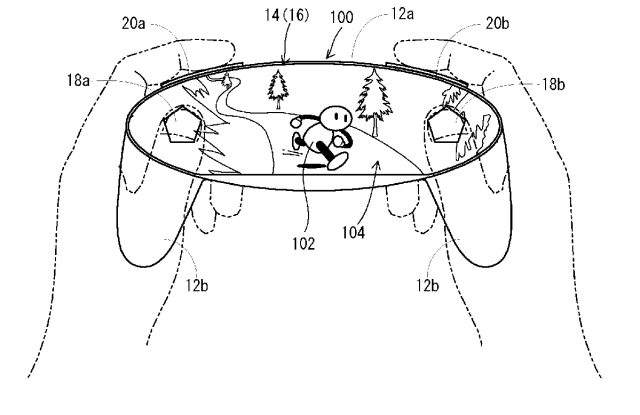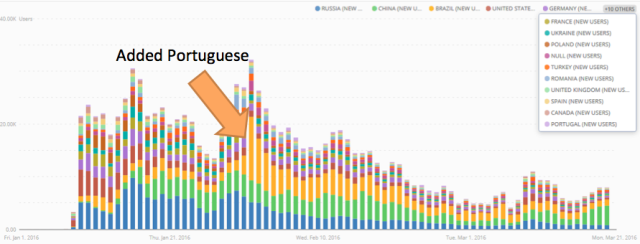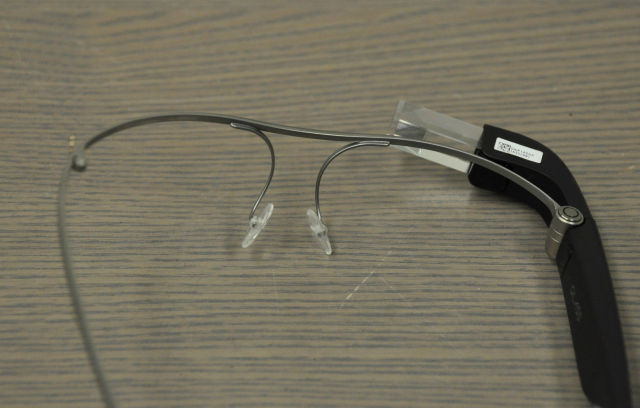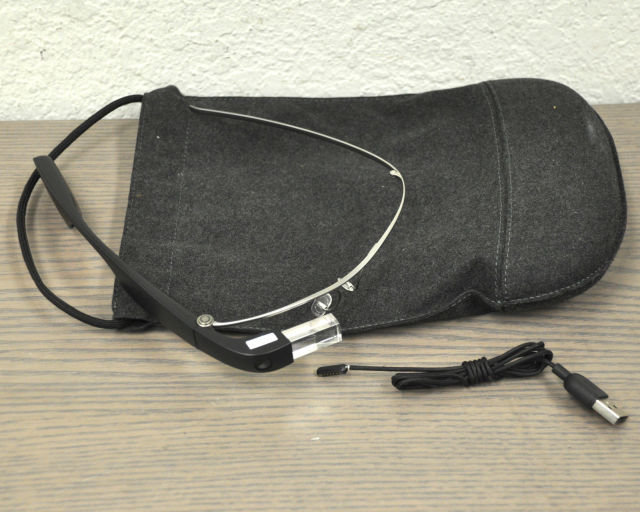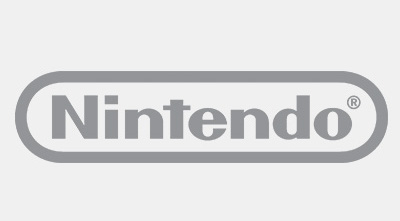
Nintendo's latest high-profile firing resulted in both sides offering different stories about to why it happened. (credit: Nintendo of America)
A Nintendo of America marketing specialist announced her firing from the company on Wednesday—and insinuated that the termination was related to "a whirlwind of controversy and [GamerGate] harassment." However, Nintendo offered a firm rebuttal to that story and confirmed its dedication to inclusive hiring practices.
"Though Ms. Rapp’s termination follows her being the subject of criticism from certain groups via social media several weeks ago, the two are absolutely not related," the company said in a statement issued to press outlets. "Nintendo is a company committed to fostering inclusion and diversity in both our company and the broader video game industry and we firmly reject the harassment of individuals based on gender, race or personal beliefs. We wish Ms. Rapp well in her future endeavors."
Former Game Informer staffer Alison Rapp had worked as a member of Nintendo's "Treehouse" team, which handles various marketing and translation duties, for nearly three years. In February, she found herself in the crosshairs of anonymous Nintendo critics who took issue with Nintendo's localization of recent games, particularly 3DS game Fire Emblem: Fates—which, among other things, removed the Japanese version's "gay conversion" scene.


